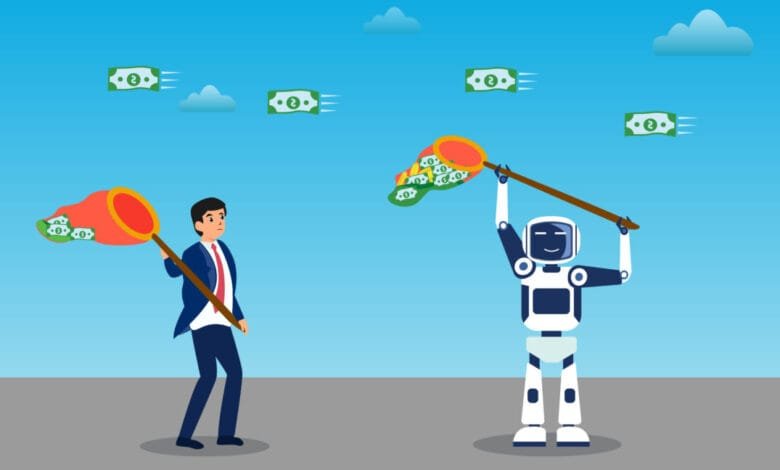Getty CEO: Fighting Every AI Copyright Battle Is Too Costly

▼ Summary
– Getty Images banned AI-generated uploads in 2022 and later released a “socially responsible” AI image generator to reward artists while suing firms that refused to pay.
– Getty Images CEO Craig Peters stated that fighting AI copyright battles is prohibitively expensive, costing millions in just one case against Stability AI.
– Peters confirmed that Getty cannot pursue all copyright infringements due to the high costs of legal action, despite being a large company.
– Getty sued Stability AI in 2023 for training its Stable Diffusion model on over 12 million Getty images without permission or compensation.
– Getty accused Stability AI of ignoring licensing options and legal protections to pursue its own commercial interests.
Getty Images has taken a strong stance protecting creative rights in the AI era, implementing policies and legal actions to safeguard artists’ work. The company banned AI-generated uploads in 2022 as advanced image generators emerged, later launching its own ethically sourced AI tool while pursuing litigation against firms using content without permission.
However, CEO Craig Peters recently revealed the staggering costs of these legal battles, making it impossible to challenge every infringement. In an interview, Peters explained that even a single lawsuit against Stability AI consumed millions—a financial burden too heavy to sustain across all potential cases. “The courts are prohibitively expensive,” he noted, emphasizing that widespread enforcement remains unrealistic despite Getty’s resources.
The dispute with Stability AI highlights the complexities of AI copyright law. Getty accused the company of training its Stable Diffusion model on 12 million unlicensed Getty photos, including metadata, to create a competing service. According to Getty, Stability AI bypassed available licensing agreements, opting instead to exploit protected content for commercial gain.
While Getty remains committed to defending intellectual property, Peters’ comments underscore a harsh reality: current legal systems make comprehensive enforcement financially unfeasible. The case raises critical questions about fair use, compensation, and whether existing frameworks can adapt to the rapid evolution of generative AI. For now, even industry leaders face limitations in holding every violator accountable.
(Source: Ars Technica)





